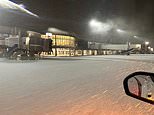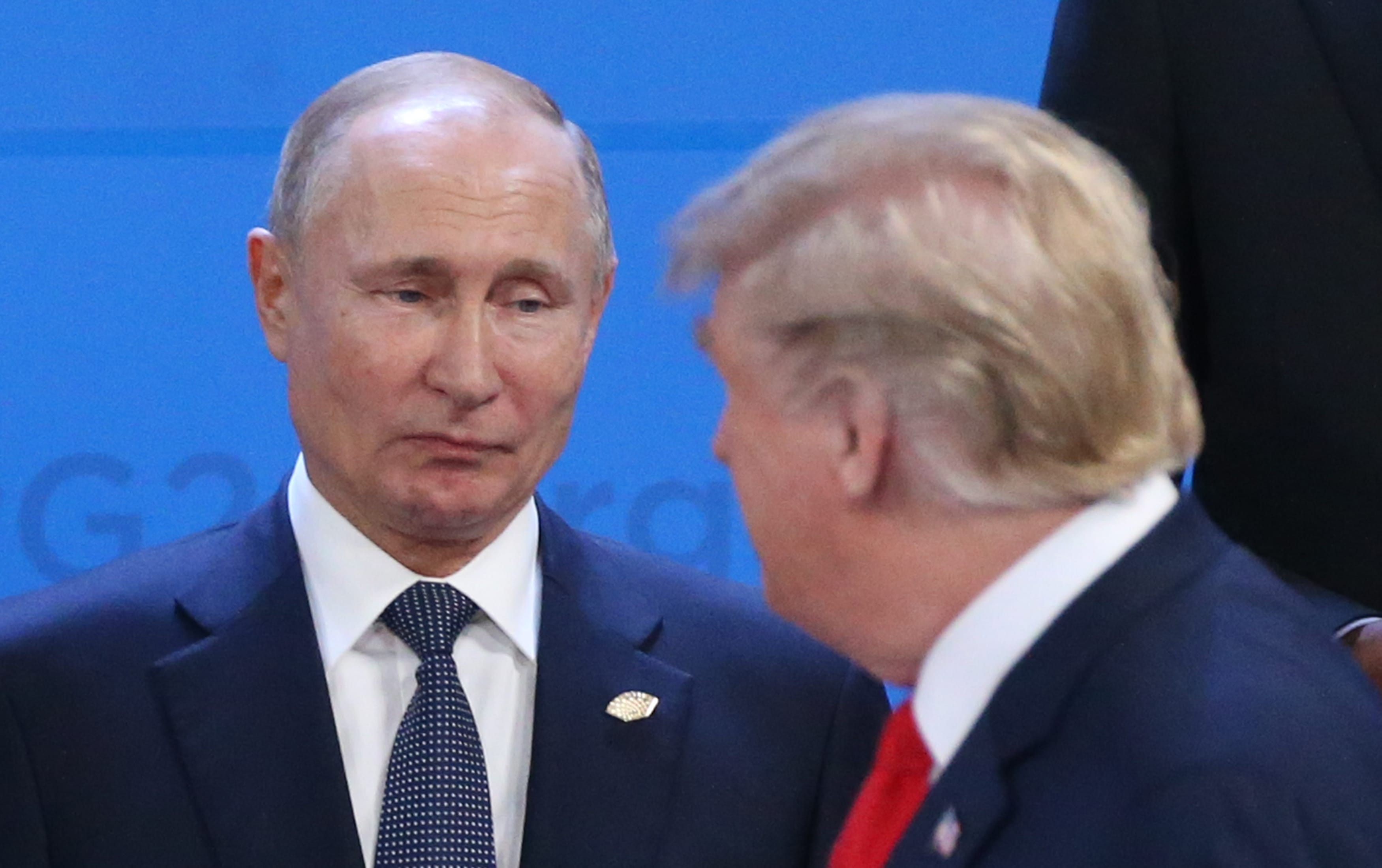Do you worry that your memory isn’t what it used to be?
A simple five minute task that tests how well you can draw an analogue clock could show if you have an early sign of the memory-robbing condition.
According to Dr Jesus Ramirez-Bermudez, a Mexican neurologist who researches cognitive decline, the clock-drawing test is an effective method of identifying dementia.
Sharing an image of the test on X, Dr Ramirez-Bermudez described it as 'one of the easiest and cheapest ways' to identify patients with neurological conditions, including dementia — which affects around 944,000 in the UK.
The test involves simply asking someone to draw a clock face on a blank piece of paper.
They must add all the numbers from one to 12 and then set the hands to a specific time, for example 11.10 (ten past 11).
The task relies on the patient remembering what a clock face looks like — a skill known as executive function, which involves how we plan, organise and complete tasks.
Executive function is one of the cognitive skills that first begins to falter when dementia develops.
Used by the NHS for decades, a skewed circle and incorrectly placed numbers on this clock could indicate early signs of the condition.
The test is scored based on points, with one point awarded for each of the following criteria: how well the participant drew the clock circle, drawing the numbers in the right place, drawing two hands on the clock and pointing the hands to the correct time.
If the patient manages to draw a clock correctly it 'virtually excludes' dementia because the task requires a wide range of cognitive skills, the NHS says.
The UK Dementia Directory urges people to encourage relatives and friends to do the quick and simple test if you suspect they may be suffering form memory loss.
If they struggle to draw the clock correctly, they should seek further advice from a GP.
Recent analysis by the Alzheimer's Society estimates the overall annual cost of the dementia to the UK is £42billion a year, with families bearing the brunt.
An ageing population means these costs — which include lost earnings of unpaid carers — are set to soar to £90billion in the next 15 years.
Alzheimer's Disease is the most common form of dementia and affects 982,000 people in the UK.


It is thought to be caused by a build-up of amyloid and tau in the brain, which clump together and from plaques and tangles that make it harder for the brain to work properly.
Eventually, the brain struggles to cope with this damage and dementia symptoms develop.
Memory problems, thinking and reasoning difficulties and language problems are common early symptoms of the condition, which then worsen over time.
Alzheimer's Research UK analysis found 74,261 people died from dementia in 2022 compared with 69,178 a year earlier, making it the country's biggest killer.
Experts have previously spoken of several different tests that can be used to spot early signs of dementia.
One test developed by a University of Cambridge spin-off company, called Cognetivity Neurosciences, shows patients a series of images that feature either an animal or no animal and participants are asked to respond quickly by pressing 'yes' or 'no'.
Another 10-minute test created in 1996, called the Montreal Cognitive Assessment (MoCA), asks patients to draw shapes, name animals and recall a list of items.












